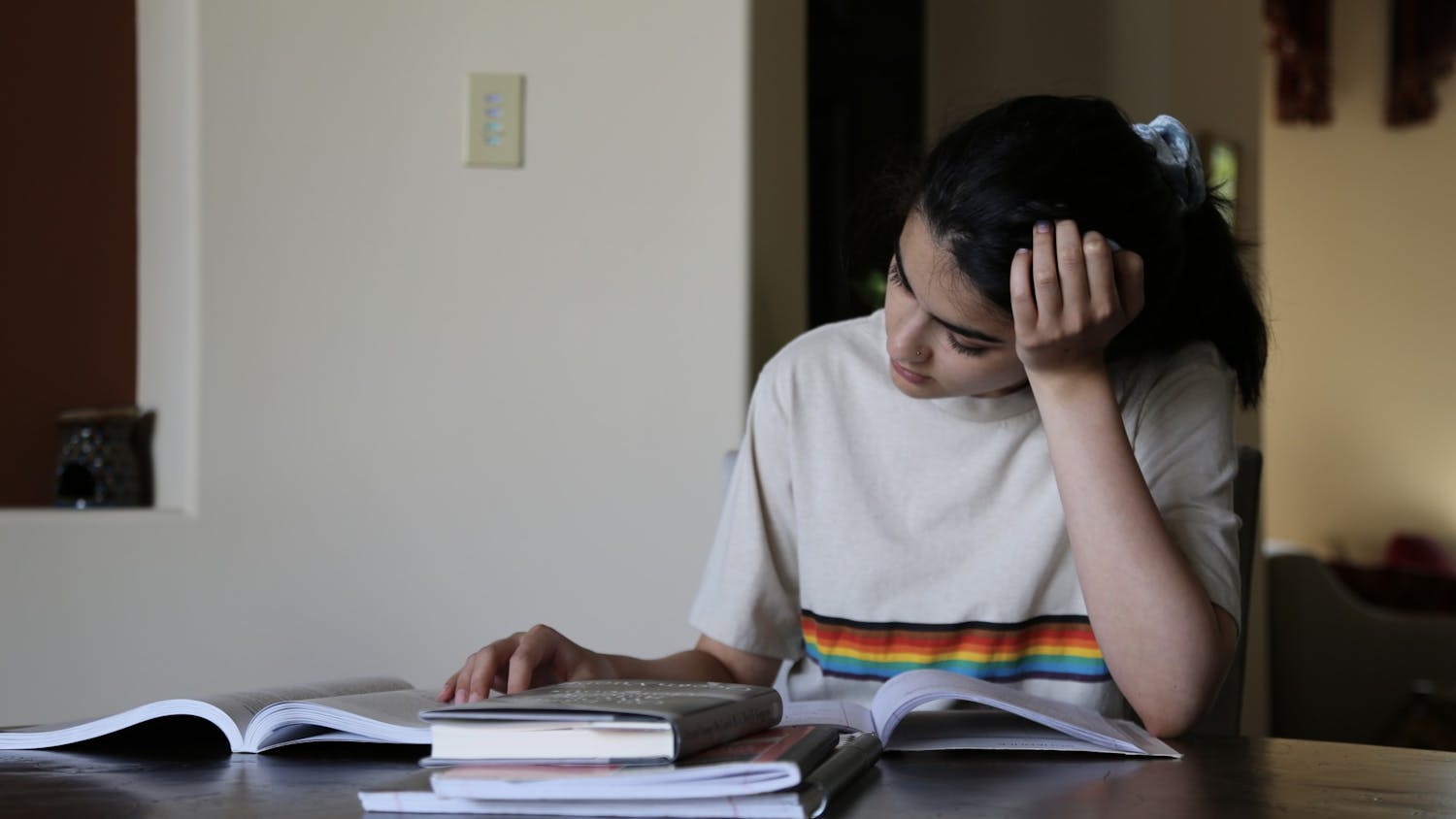Remote learning has become the new reality for students around the world, and it’s here to stay — at least for another term. While Dartmouth students have quickly adapted to the new platform, the transition has not been without hiccups. The margin of forgiveness has been understandably wide considering the last-minute and unprecedented nature of the move online.
But at the outset of summer term, we will have had over 10 weeks to work out the glitches and design a more effective remote platform. Expectations of the system will inevitably be higher, and Dartmouth’s acceptable margin of error will, in turn, decrease. In that vein, we propose a few critical changes that the College should implement. The College must increase the accessibility of its remote teaching and equalize grading and teaching quality.
Dartmouth students hail from around the world, and yet it seems the College often forgets that the universal time zone isn’t Eastern Standard Time. International students bear the brunt of this, living on schedules entirely out of sync with the Hanover clock. A number of professors have certainly made an effort to accommodate the time zone discrepancies. Some have made their courses completely asynchronous and many offer office hours at varying times, while others have reduced time restrictions on assignments to increase flexibility. But this is not an across-the-board approach, and consequently, certain students are unfairly disadvantaged. Moving forward, all Zoom classes should be recorded, and participation grades — at least for students in distant time zones — should not rely on live contributions.
This flexibility is a double-edged sword, however. Live classes, while not perfect, preserve more of the tight-knit Dartmouth appeal than do asynchronous classes. They also give students the chance to engage with others. Unfortunately, increasing accessibility to all students could mean reducing in-person discussions and time with professors.
That’s why we propose a better solution. In tandem with the recording of all live Zoom classes, we propose that for classes with multiple live sections, professors schedule sections so as to accommodate people in different time zones. This way, more students are able to benefit from live interactions with professors and peers. Further, departments should make a point to spread classes across a broader schedule, ensuring that students in all time zones will have courses available at a reasonable hour. If the College schedules classes thoughtfully, time zones should present no more of a barrier to students than do the obligations of a usual term.
As Dartmouth nears its second online term, many students are concerned about the school’s decision to operate summer as a normal grading term. In his March 23 email to the Dartmouth community, provost Joseph Helble wrote that “summer term will return to regular grading, even if summer term is taught partly or entirely through remote learning.” The obvious question arises: What changed between spring and summer term?
In his same email, Helble listed the many challenges students face with distance learning. The credit/no credit grading scheme was implemented to level the playing field for all students. It seems illogical for the College to assume that students’ current challenges will suddenly dissipate come summer term. In light of this, we call upon the College to implement an optional credit/no credit grading policy for all subsequent remote terms. This will enable students to pursue letter grades if desired — understandably, many students have little desire to go two or three terms without contributions to their overall grade point averages. But for those students facing significant obstacles to learning during the pandemic, the option of a credit/no credit term is one that should continue into the summer.
Equalizing the online learning playing field must also include changes to grading and feedback policy. The current situation is unclear and unequal. Professors determine the passing grade for their own classes, and there is no consensus among the departments as to what that the credit/no credit threshold should be.
In defense of keeping tuition the same for spring term, College President Phil Hanlon emphasized that “for spring term, our commitment to excellent instruction will be no different.” Yet in some classes, professors have given minimal feedback on assignments and have returned them back to students with only an indication of credit achieved or not. Minimal feedback does not reconcile with Hanlon’s comments. The College must set clear guidelines for the level of engagement required by professors. Of course, many professors have continued to give detailed, thoughtful feedback on assignments, even if done remotely. But so long as the issue of limited feedback persists, we urge the College to issue standardized guidelines.
We are all new to remote learning, and it is reasonable to expect that challenges will continue to arise. But it is in Dartmouth’s self-interest to acknowledge the defects and improve them for the summer term. The College must remember its responsibility and commitment to each student’s education. While this period may be but a blip in the College’s long history, it is a significant portion of many students’ Dartmouth careers. Decision-making for the structure of summer term must be purposeful and calculated.
The editorial board consists of opinion staff columnists, the opinion editors, the executive editors and the editor-in-chief.



